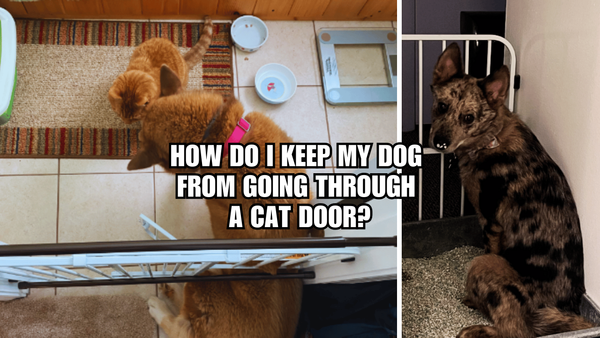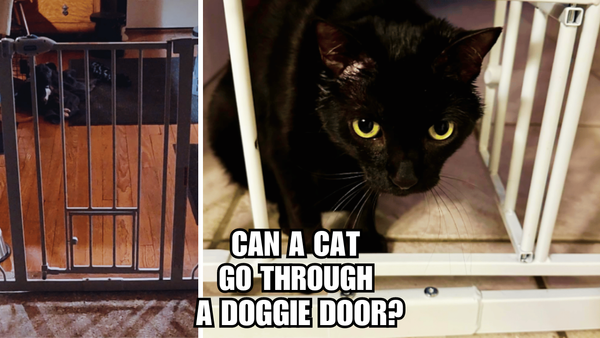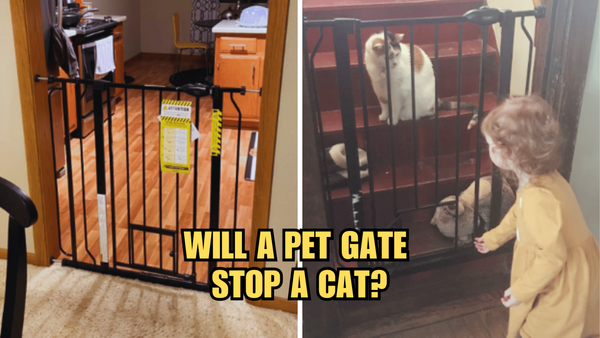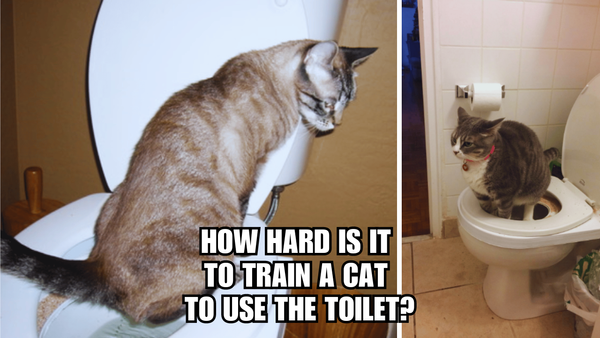Melatonin, a naturally occurring hormone synthesized by the pineal gland, plays a vital role in regulating the sleep-wake cycle in both humans and animals. As cat owners seek solutions for their feline friends' sleep disorders or behavioral problems, the question arises: can you give a cat too much melatonin? This article delves into the appropriate use of melatonin for cats, ensuring a positive experience for your pet.
Key Takeaways:
- Understanding the correct dosage of melatonin for cats is crucial to avoid potential risks.
- Melatonin can be beneficial for cats with sleep issues, hair loss, and certain behavioral problems when administered properly.
- Consulting with a licensed veterinarian is essential before giving melatonin to ensure it's safe and effective for your cat's specific needs.
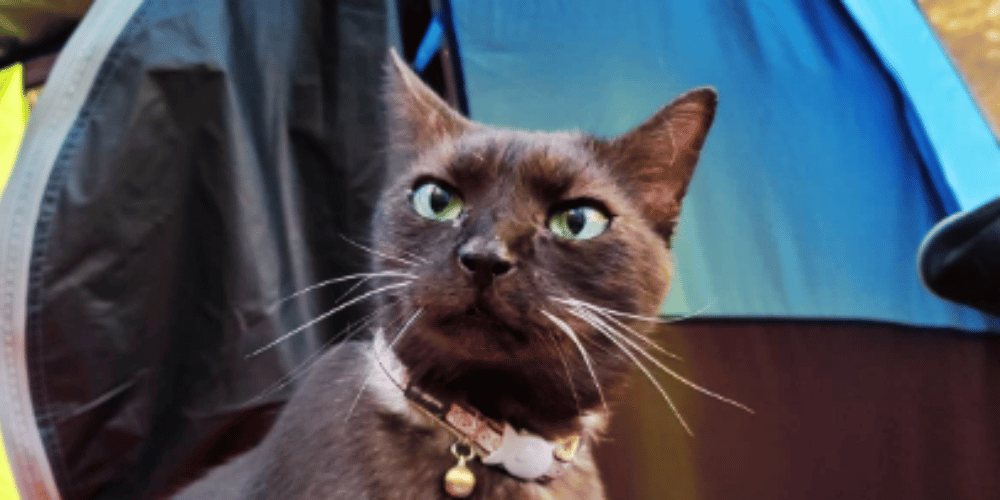
What is Melatonin and How Does it Affect Cats?
Melatonin supplements are often used as a sleep aid for humans, but they can also be beneficial for cats. This natural hormone is responsible for promoting sleep and regulating sleep cycles. In veterinary medicine, melatonin for cats is sometimes recommended to help with sleep problems and to provide a relaxing effect, especially in older cats or those with disrupted sleep patterns.
However, it's important to note that the melatonin dosage for cats differs from that for humans. The cat's body metabolizes substances differently, and what's safe for a human may not be for a cat. Therefore, understanding the proper dosage and potential effects melatonin can have on your furry friend is essential.
Administering Melatonin to Cats: Dosage and Safety
When considering melatonin for your cat, the first step is to consult with a licensed veterinarian. They can provide guidance on the recommended dosage based on your cat's age, weight, and health condition. Generally, melatonin is considered safe for cats when given in the correct dosage. However, administering melatonin without professional advice can lead to adverse reactions such as stomach upset, itchy skin, or more severe allergic reactions.
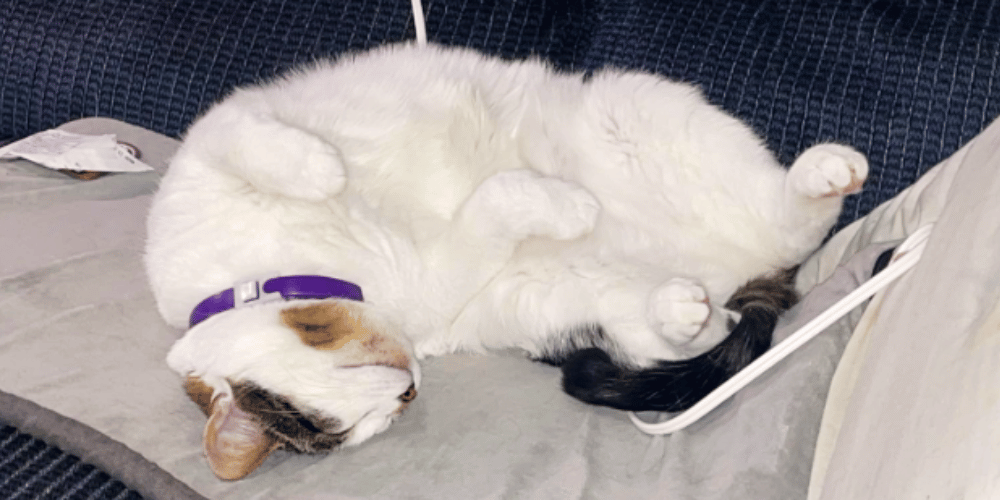
The appropriate amount of melatonin will depend on several factors, including the cat's size and the reason for administering the hormone. For instance, the melatonin dosage for addressing sleep issues may differ from that used for treating hair loss or regulating other hormones.
The Role of Melatonin in Feline Sleep Disorders
Cats, much like humans, can suffer from sleep disorders that disrupt their natural sleep-wake cycle. Melatonin supplements can help in regulating sleep and promoting restful sleep, especially in cats with altered sleep patterns due to age or other factors. When a cat's sleep cycle is disrupted, it can lead to behavioral problems and a decrease in overall wellness.
By providing oral melatonin in the proper dosage, cat owners can help their pets maintain a regular sleep cycle. This can be particularly helpful for cats experiencing jet lag after travel or for those adjusting to a new environment.
Melatonin for Behavioral and Health Issues in Cats
Beyond sleep disorders, melatonin can also be used to address certain health and behavioral issues in cats. For example, melatonin has been found to help with hair loss in cats, which can be caused by stress, hormonal imbalances, or other medical conditions. Additionally, melatonin may have a calming effect on cats with anxiety or those prone to stress-related behaviors.
It's important to note that while melatonin can be a helpful wellness resource, it should not be used as a substitute for other medications or treatments prescribed by your veterinarian. Always discuss the use of melatonin with a professional to ensure it's the right choice for your cat's specific needs. Understanding Melatonin's Impact on the Cat's Sleep-Wake Cycle Melatonin plays a pivotal role in regulating the sleep-wake cycle, not just in humans but also in our feline friends.
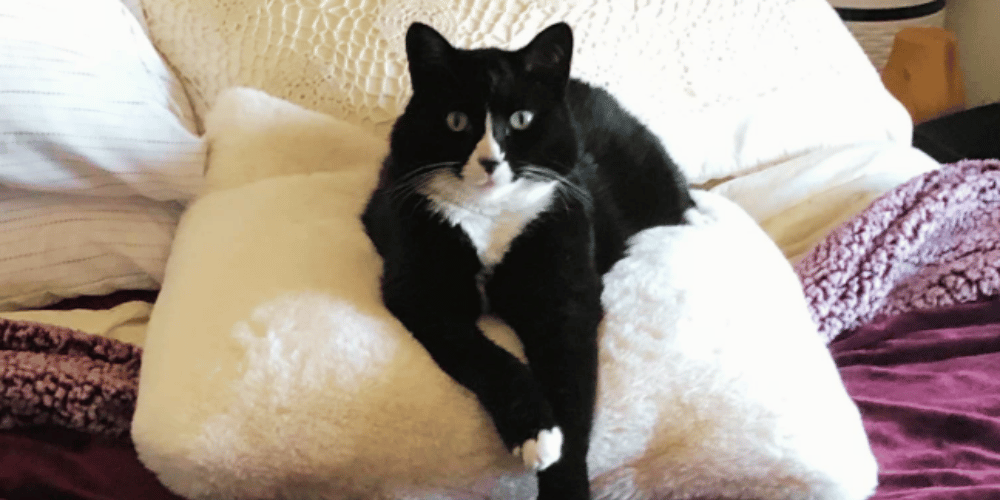
For cats, melatonin can help synchronize their internal clocks, especially if they're experiencing disruptions in their natural rhythms. As cats age, they may face challenges in maintaining a consistent sleep pattern, which is where a melatonin supplement could potentially be beneficial. It's important to understand that while melatonin can aid in stabilizing a cat's sleep cycle, it should be used judiciously and under veterinary supervision to avoid any adverse effects.
In adult cats, the introduction of melatonin can be particularly helpful for those who are nocturnal or have become more active at night, leading to sleep disturbances for their owners. By supplementing with cat melatonin, owners may notice their pets settling into a more regular sleep routine, which can improve the overall household's quality of rest. However, more research is needed to fully comprehend the long-term impact of melatonin on a cat's sleep-wake cycle and to establish standardized dosing guidelines that ensure melatonin safe for cats.
Melatonin's Benefits for Aging Cats and Female Cats As cats progress through the stages of their life, their bodies undergo various changes that can affect their overall well-being. In senior cats, the natural production of melatonin may decrease, which can lead to sleep disturbances and a reduction in the quality of life. Administering a melatonin supplement could potentially help these aging cats find a better sleep rhythm and enjoy a more restful night. It's essential to consider the cat's age and health status when determining if melatonin is an appropriate choice for improving their sleep quality.
Female cats, in particular, may experience unique benefits from melatonin supplementation. Research suggests that melatonin could play a role in managing conditions related to the reproductive system, such as preventing ovarian cysts or helping to regulate hormonal imbalances. However, cat owners should proceed with caution and always consult with a licensed veterinarian before starting any melatonin product. This ensures that the potential benefits are weighed against the risk of an allergic reaction or other side effects, and that the cat's response to melatonin is carefully monitored.
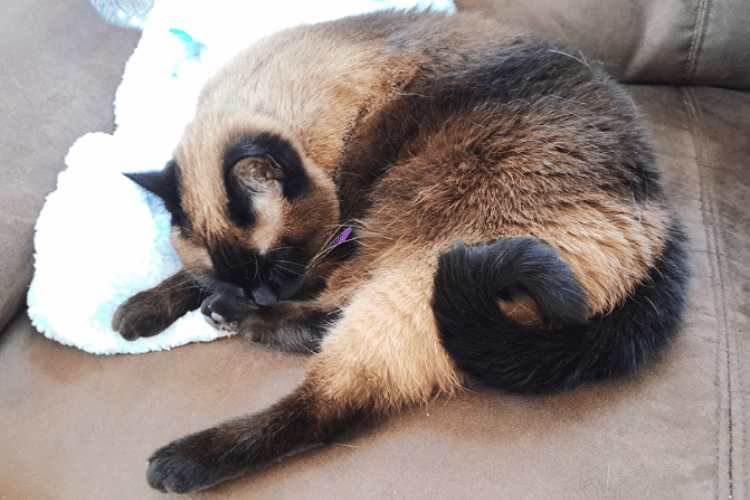
Potential Risks and Side Effects of Melatonin in Cats
As with any supplement or medication, there are potential risks and side effects associated with giving melatonin to cats. Some cats may experience mild side effects such as drowsiness or gastrointestinal issues. In rare cases, more serious adverse reactions can occur, particularly if the cat is given too much melatonin or if it interacts with certain medications.
To minimize the risk of side effects, it's crucial to follow the recommended dosage provided by your veterinarian and to monitor your cat's response to the supplement. If you notice any unusual symptoms or behaviors, contact your vet immediately.
Melatonin and Interactions with Other Medications
Before introducing melatonin to your cat's regimen, it's essential to consider any other medications your pet may be taking. Melatonin can interact with certain drugs, potentially leading to increased side effects or reduced effectiveness of the medications.
Always inform your veterinarian about all the medications and supplements your cat is currently taking to avoid any harmful interactions. Your vet can advise you on whether melatonin is a safe option for your cat and how to properly incorporate it into their treatment plan.
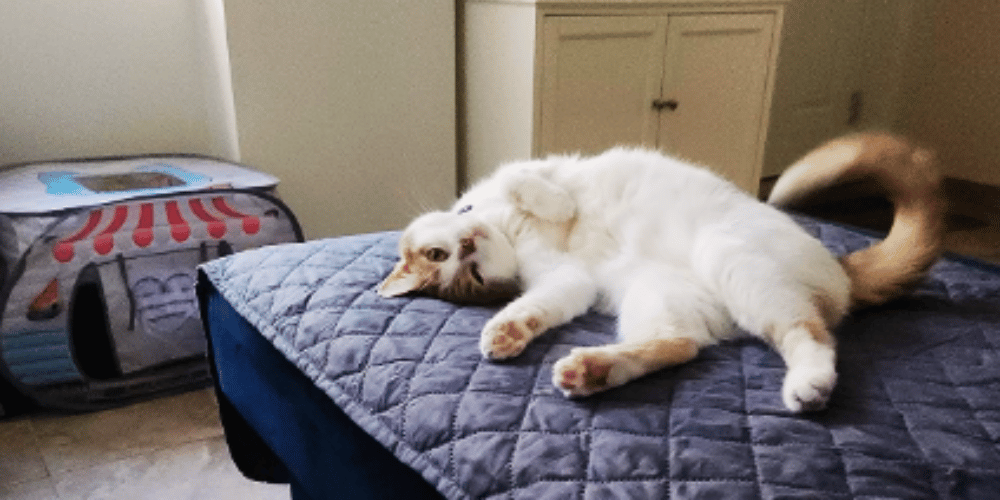
How to Give Melatonin to Your Cat Safely
When you've decided to give melatonin to your cat, it's important to do so safely and responsibly. Start with the lowest possible dose recommended by your veterinarian and observe your cat's reaction. Melatonin products for cats come in various forms, such as pills, liquids, or even treats, making it easier to administer to your pet.
Ensure that you're using melatonin products specifically designed for cats or those that have been approved by your vet. Human melatonin supplements may contain additives or dosages that are not suitable for cats and could lead to an overdose or other complications.
The Importance of a Licensed Veterinarian's Guidance
A licensed veterinarian's expertise is invaluable when considering melatonin for your cat. They can provide a thorough examination, consider your cat's medical history, and determine if melatonin is an appropriate treatment. They can also guide you on the proper dosage and form of melatonin that's best for your cat, ensuring a safe and effective experience.
Never administer melatonin or any other supplement without first consulting with your vet. They are your best resource for ensuring your cat's health and well-being.
Summary
Melatonin can be a helpful supplement for cats with sleep disorders, certain health issues, and behavioral problems. However, it's crucial to understand that there is such a thing as too much melatonin for a cat. The key to safely administering melatonin lies in knowing the correct dosage, being aware of potential risks and side effects, and always seeking the guidance of a licensed veterinarian. By taking these precautions, you can help your feline friend achieve a better quality of life.
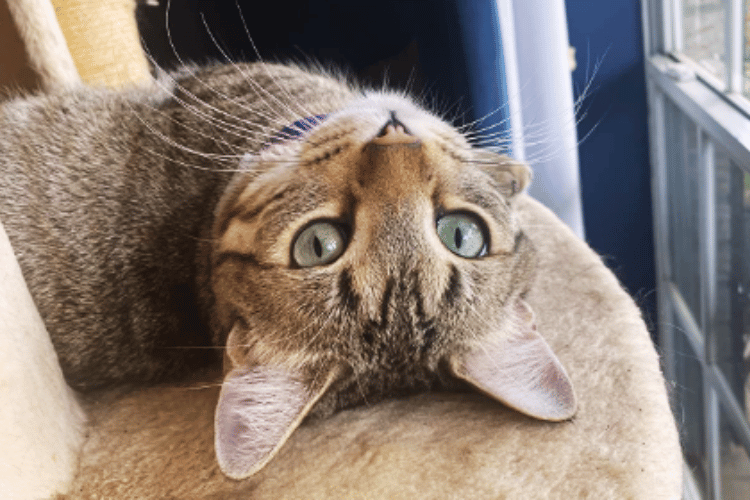
FAQ Section
How much melatonin can I give my cat?
The appropriate dosage of melatonin for your cat depends on several factors, including their weight, age, and health condition. Always consult with a licensed veterinarian to determine the correct dosage for your cat.
Are there any side effects of giving melatonin to my cat?
While melatonin is generally safe for cats when given in the proper dosage, some cats may experience side effects such as drowsiness, stomach upset, or itchy skin. In rare cases, more serious adverse reactions can occur. Monitor your cat closely and consult your vet if you notice any concerning symptoms.
Can I use human melatonin supplements for my cat?
It's not recommended to use human melatonin supplements for cats as they may contain additives or dosages that are not suitable for feline consumption. Always use melatonin products specifically designed for cats or those approved by your veterinarian.
Thank you for visiting LegitLists we hope this helps you make a legitimate choice!


